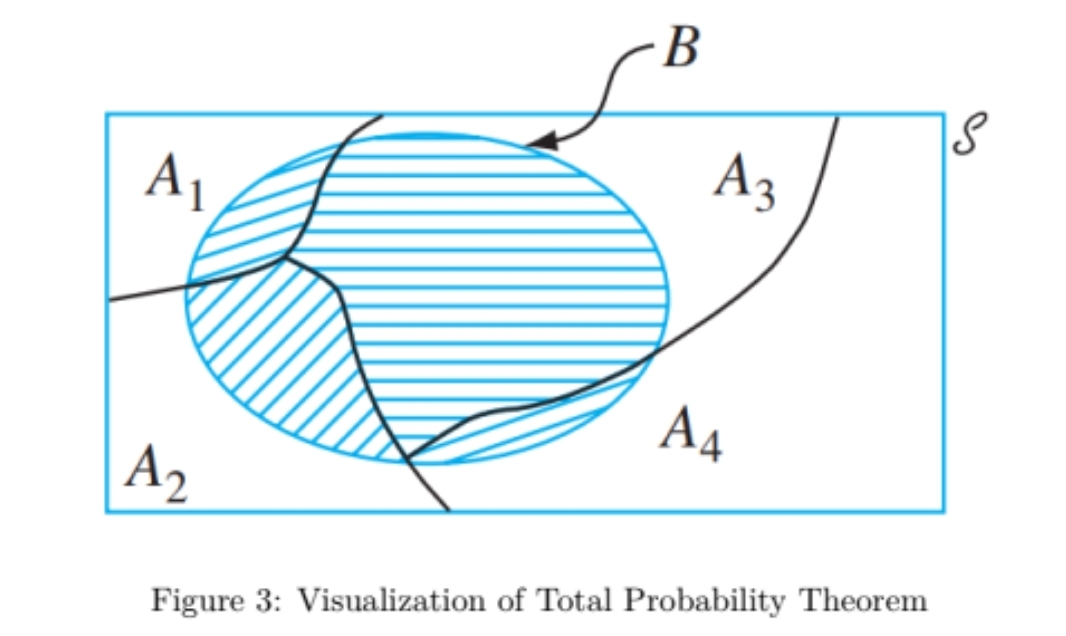Conditional Probability
1/6
Earn XP
Description and Tags
When one event affect the probability of another event happening and applying those laws
Name | Mastery | Learn | Test | Matching | Spaced | Call with Kai |
|---|
No study sessions yet.
7 Terms
Explain conditional probability
We are shrinking the sample space given the new information because now we know more info about the information we want. Conditioning on an event changes the values we care about.
Conditional Probability Law
For any two events A and B with P(B) > 0 the conditional probabilities of A given B has occurred is defined as
P(A|B) = P(A∩B)/P(B)
Conditional Probability Complement Law
P(A|B) + P(A^c|B) = 1
What should we notice about conditional probabilities?
Notice that P(A|B) ≠ P(B|A) and because we are conditioning on different events we should expect them to be different
Conditional Probability Law (finding unconditional)
P(A∩B) = P(B)P(A|B)
Multiplication Rule for Conditional Probabilities
Law of Total Probability
Basically partition are combined to find the probability of one event
P(B) = P(A1∩B)+…..+P(An∩B) is the same as
P(B) = P(A1)P(B|A1)+…..+P(An)P(B|An)
Ex: Let say winning against players but each section of players is different so this is probability based on knowing two things, we divide and conquer.
